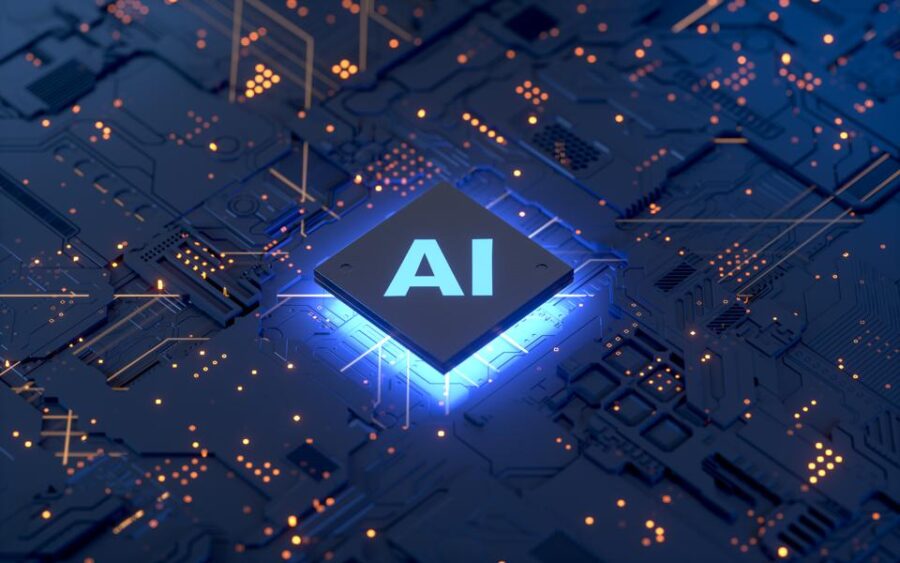Written by Josh Lee* and Tristan Koh**
Editor’s note: This article was first published by the Law Society of Singapore as part of its Legal Research and Development Colloquium 2020. It has been re-published with the permission of the Law Society of Singapore and the article’s authors. Slight adaptations and reformatting changes have been made for readability.
ABSTRACT
The increased interest in artificial intelligence (‘AI’) regulation stems from increased awareness about its risks. This suggests the need for a regulatory structure to preserve safety and public trust in AI. A key challenge, however, is the epistemic challenge. This paper posits that to effectively regulate the development and use of AI (in particular, deep learning systems), policymakers need a deep understanding of the technical underpinnings of AI technologies and the ethical and legal issues arising from its adoption. Given that AI technologies will impact many sectors, the paper also explores the challenges of applying AI technologies in the legal industry as an example of industry-specific epistemic challenges. This paper also suggests possible solutions: the need for interdisciplinary knowledge, the introduction of baseline training in technology for legal practitioners and the creation of a corps of allied legal professionals specialising in the implementation of AI.


